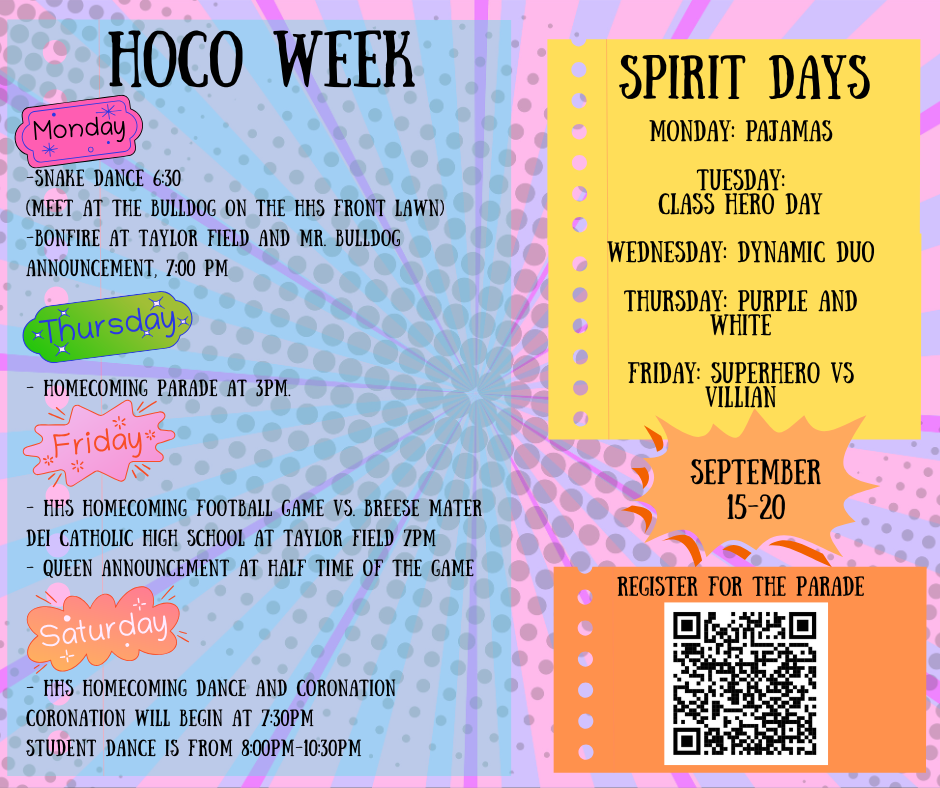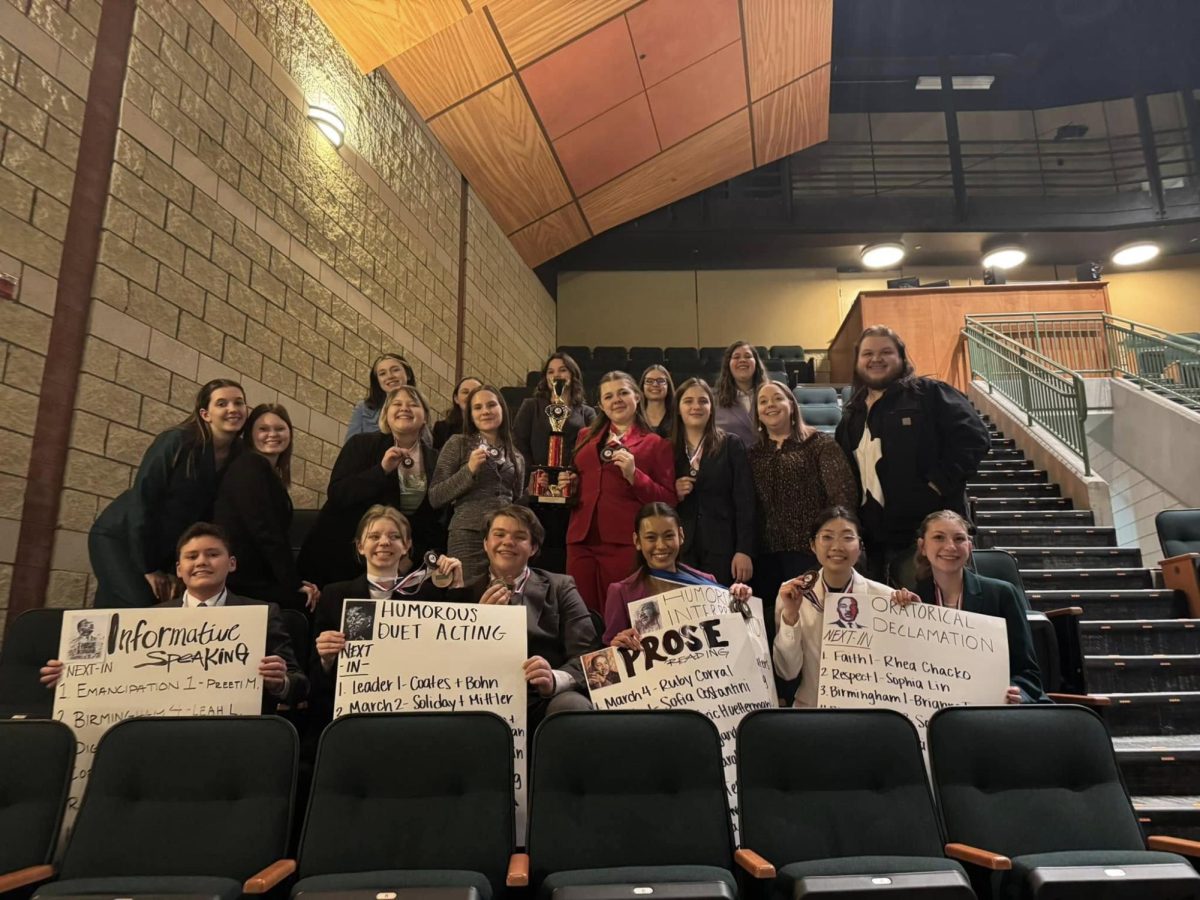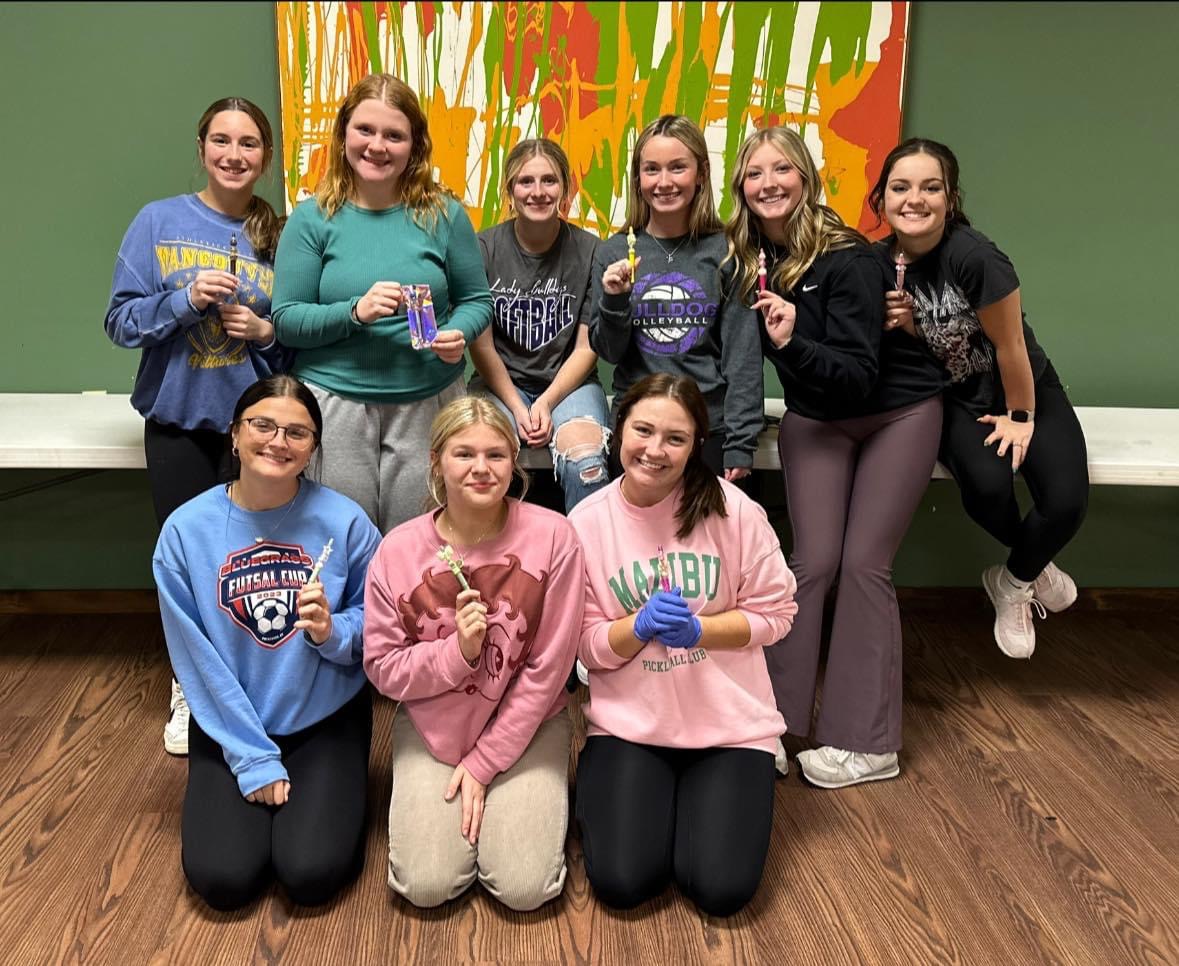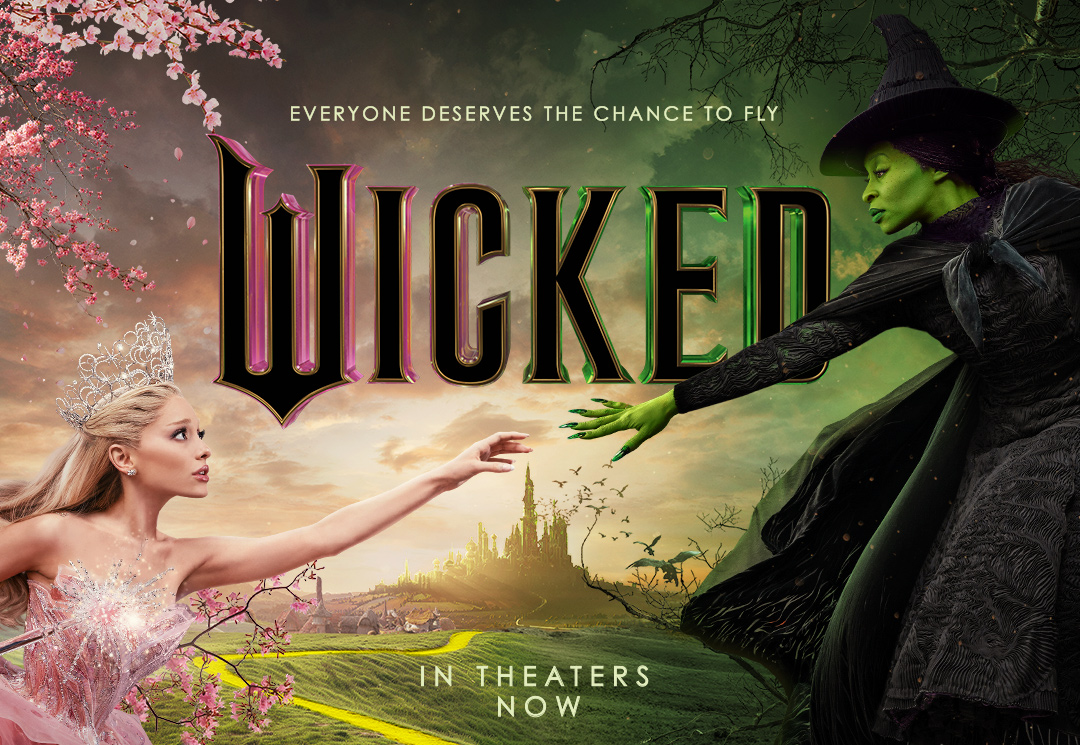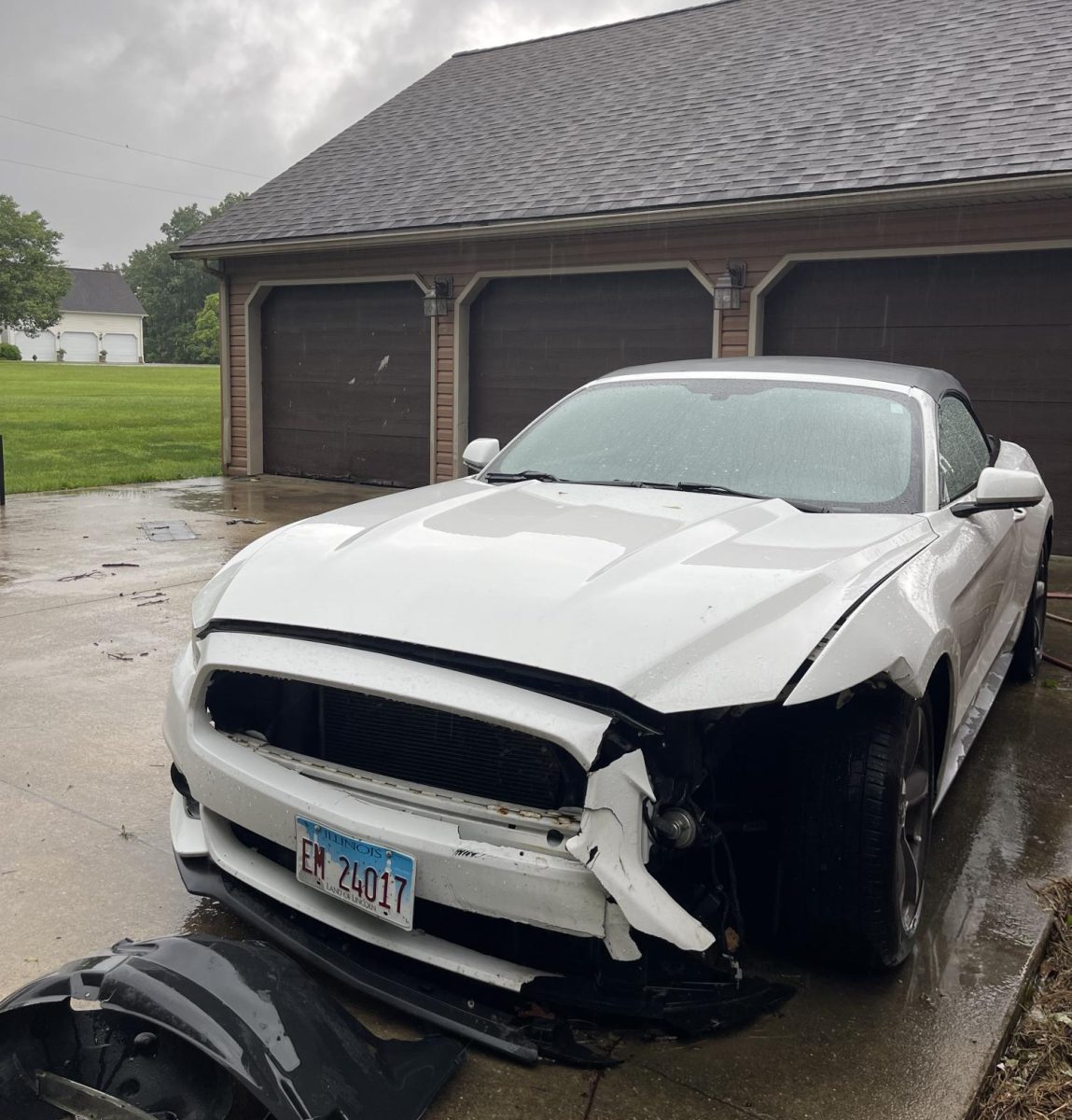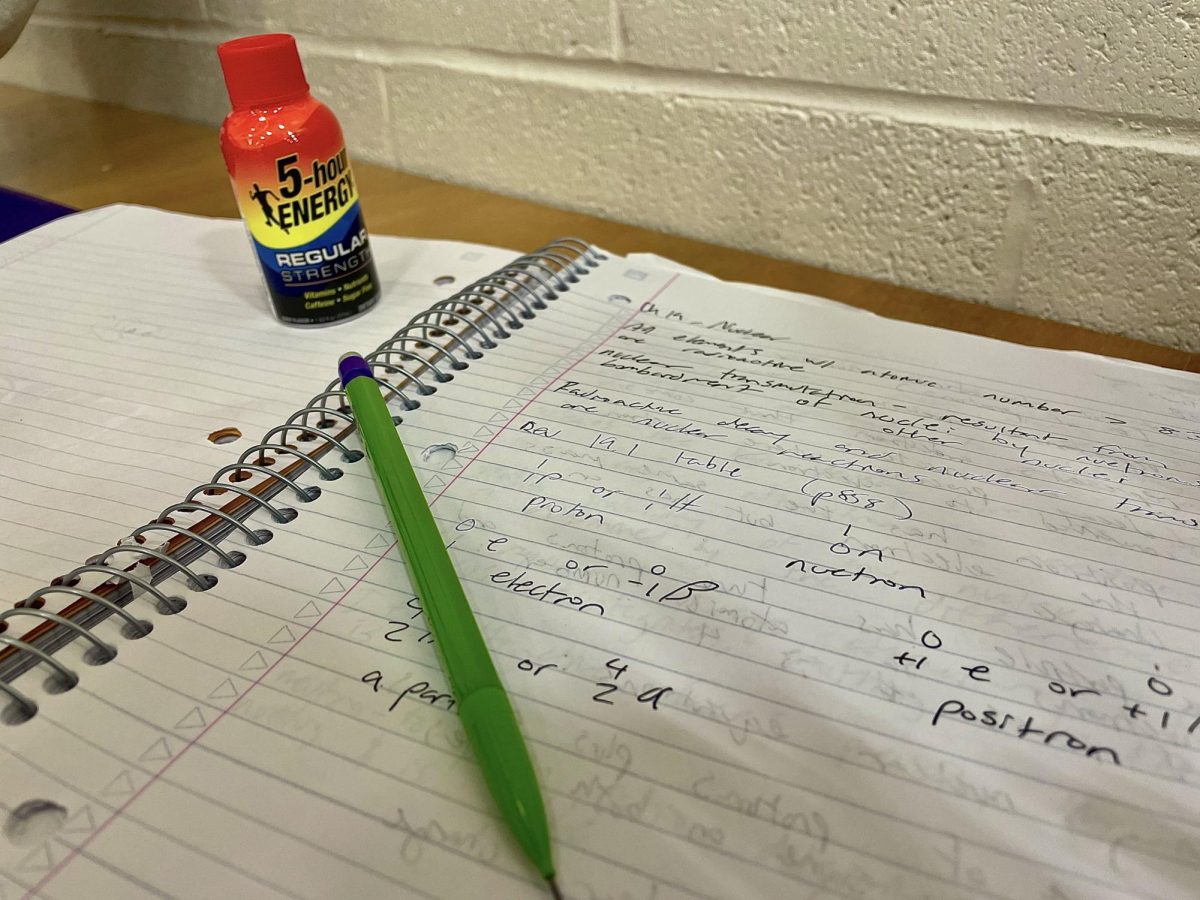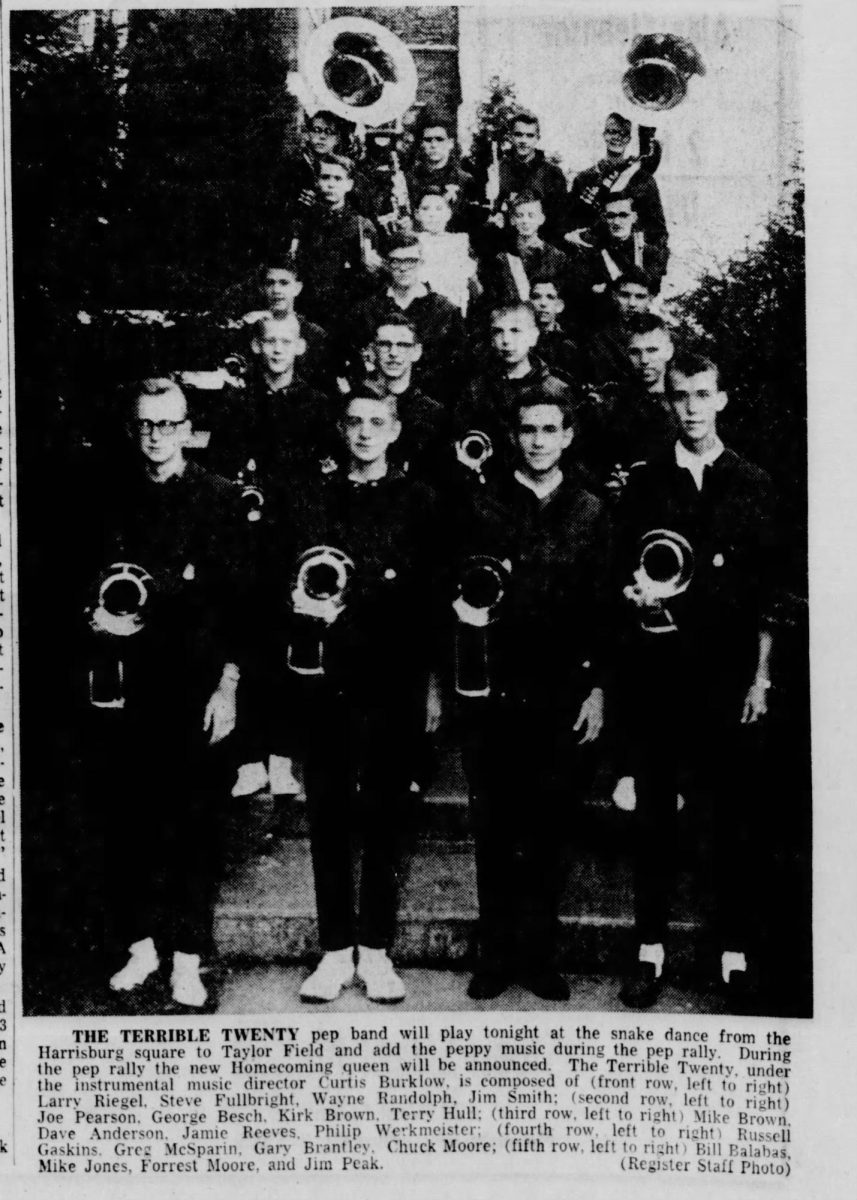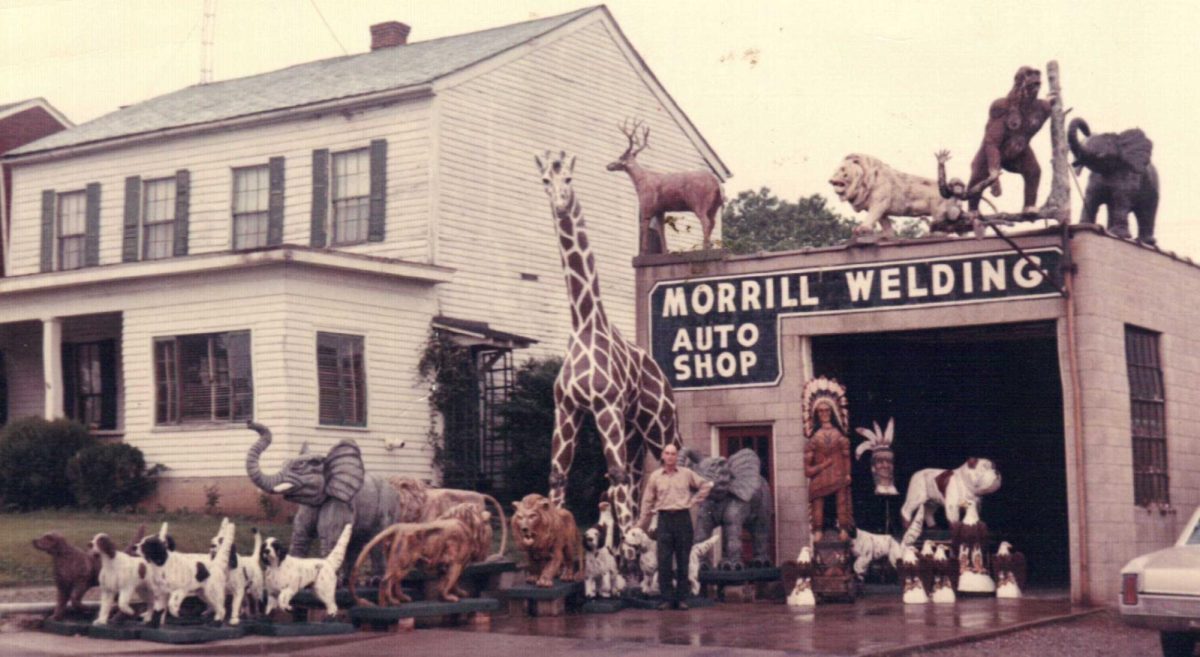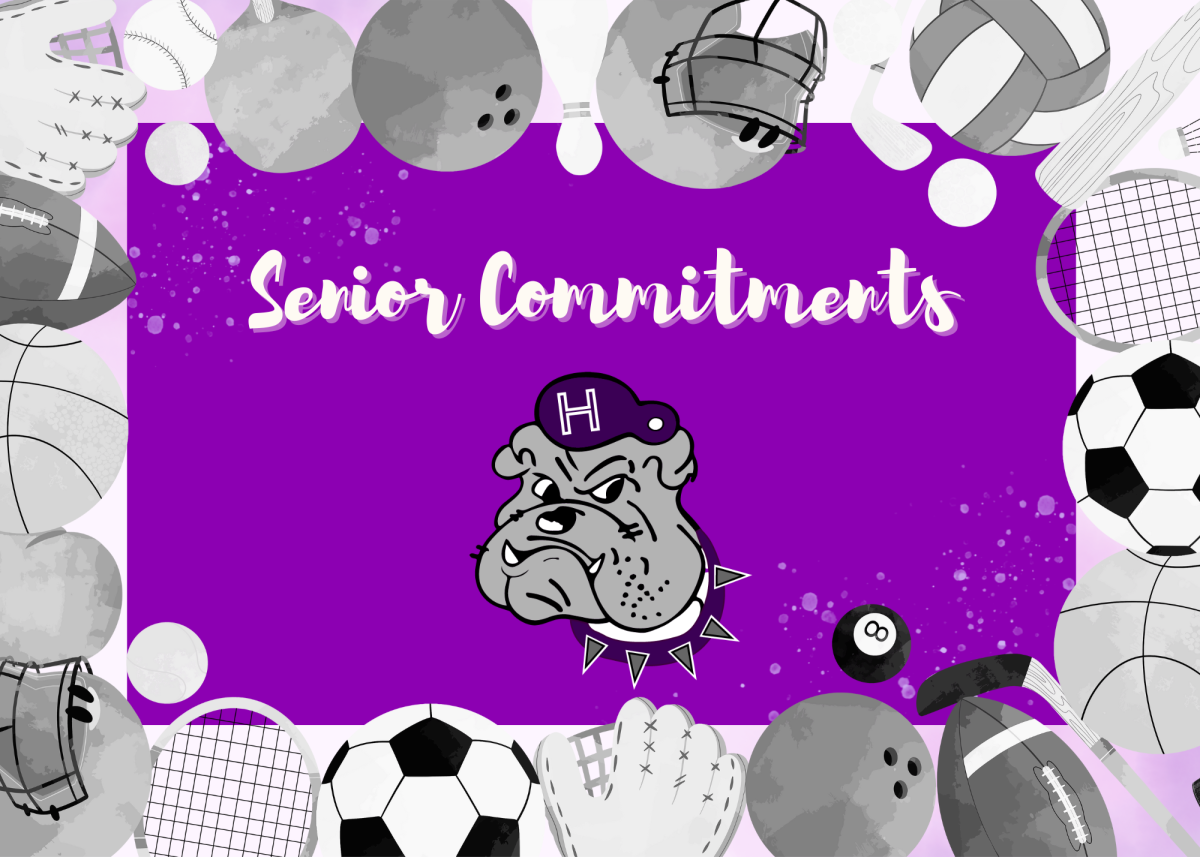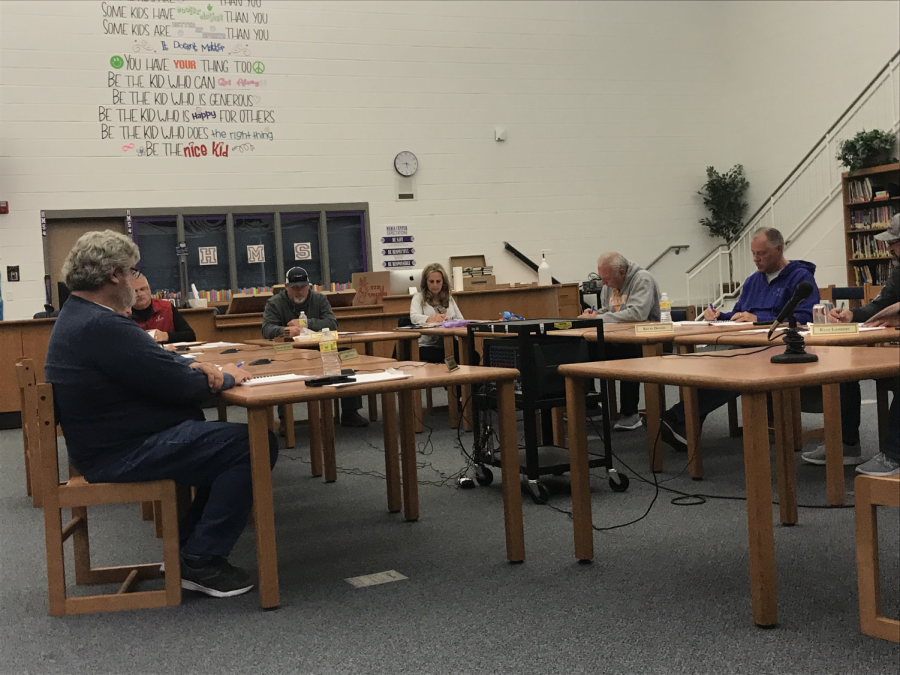A small plop echoes across the pond, the click of the reel and the wake of the lure are all that can be noticed on this small body of water. Aaron Gulley has fished this exact spot many times before. Today is no different.
What makes this moment special is not what is going on, but the absence of activity. A lack of outside interference from the world, a lack of noise.
“I like fishing because it is so relaxing,” said sixth grader Aaron Gulley.
“What do you do for fun?”
Many people seem to struggle with this question on job applications, and ice-breaker interviews, and general. People don’t seem to have hobbies like they used to. But having a hobby can be beneficial to both mental health and physical health.
“Participating in activities during leisure or spare time has been shown to reduce stress levels. For instance, one study showed approximately 75% of participants’ cortisol levels (one of the most widely studied hormonal markers of stress) were lowered after making art,” an article from Utah State University said.
“I crochet because it’s something that I enjoy. I can stop and pick it up again whenever I want to keep working on my project,” said senior Maysa Moore.
Whatever the benefits are, it’s clear that people under 30 don’t typically have hobbies anymore. With the prevalence of social media and technology, people have turned to entertainment at their fingertips. Social media apps are successful because they are free and require little to no effort.
“Our reliance on education also plays a role in the diminishing prevalence of hobbies. Often, high school or college students take up sports or extracurriculars that may be tied to the school or university. Once they graduate, many will enter the workforce and forget about these hobbies as well as the impact that they may have had on them,” a Daily Collegian article said.
Longer working hours also make it harder for adults to pick up hobbies. After working a 10 or 12-hour shift, most people don’t have the time or energy to pick up a hobby.
“Hustle culture is another contributing factor due to many people’s obsession with achievement. Hobbies may be viewed as a waste of time if it isn’t meeting major goals or bringing in income. This emphasizes the importance of having a passion for a hobby,” said the Daily Collegian.
However, even though the internet has contributed to the downfall of hobbies, it has created closer communities of people with similar interests. People with hobbies such as cooking, traveling, stamp collecting, or model making have created high-quality blogs, YouTube channels, and Facebook groups that like-minded people can interact with and enjoy.
“I learned to crochet by watching a bunch of YouTube videos. It isn’t a hard thing to do, you just need to have patience,” Moore said.
Whatever the future may hold for hobbies, it’s guaranteed that they will always be around in some fashion. People who can are encouraged to pick up and learn a hobby. Hobbies can help learn new skills, create friendships, and be an outlet for creativity and individuality
“Having a hobby is important so you can stay occupied,” Gulley said.

